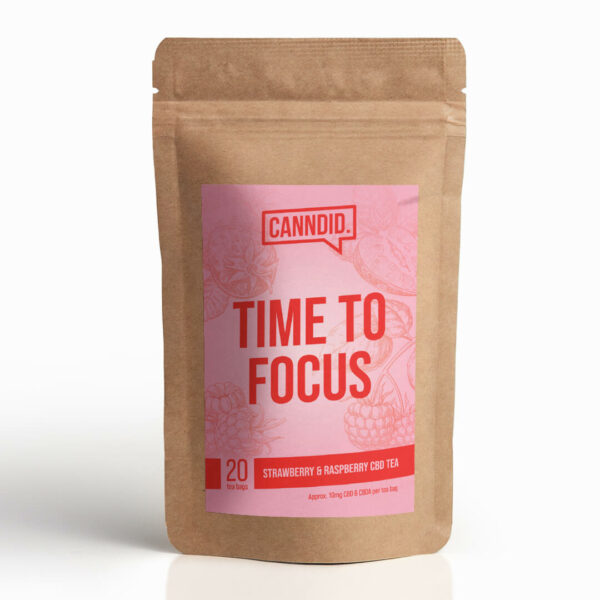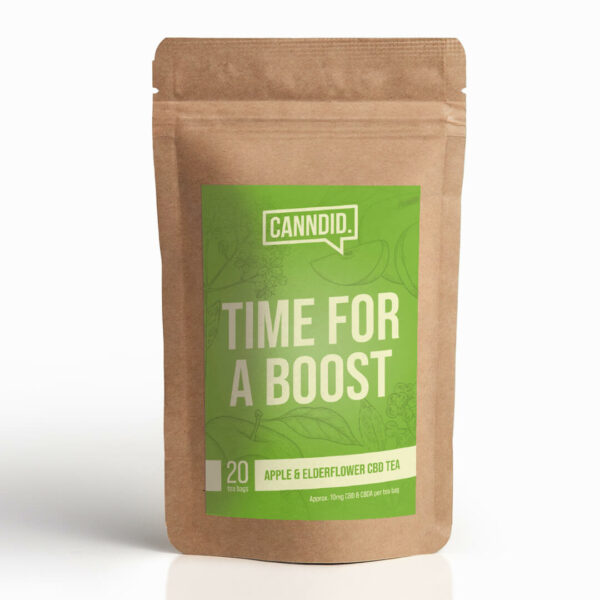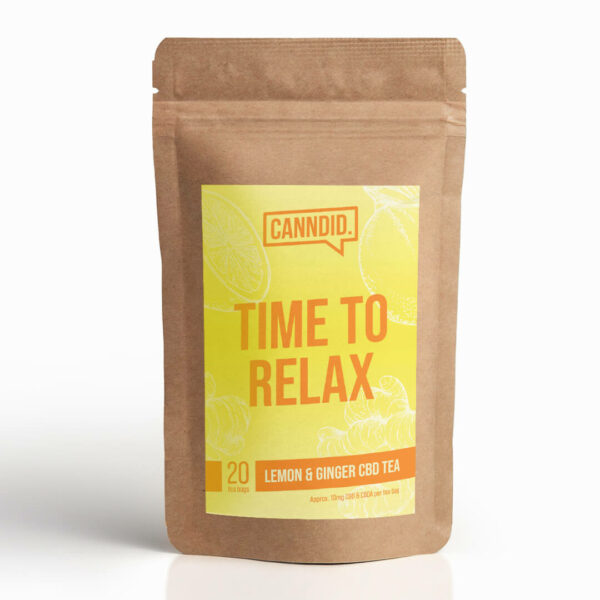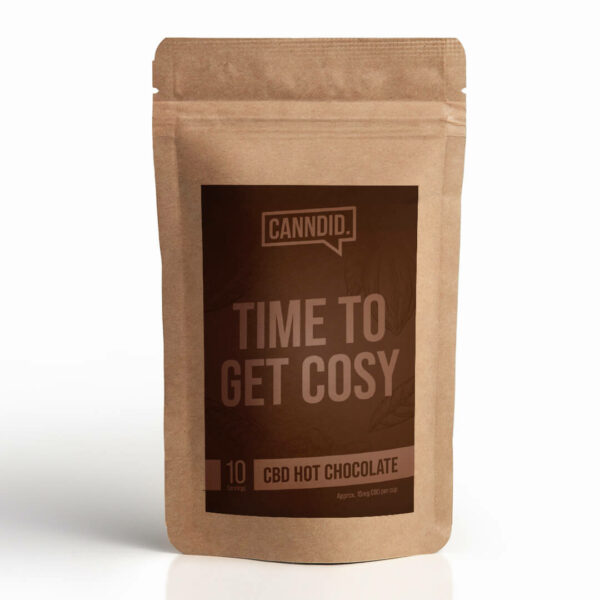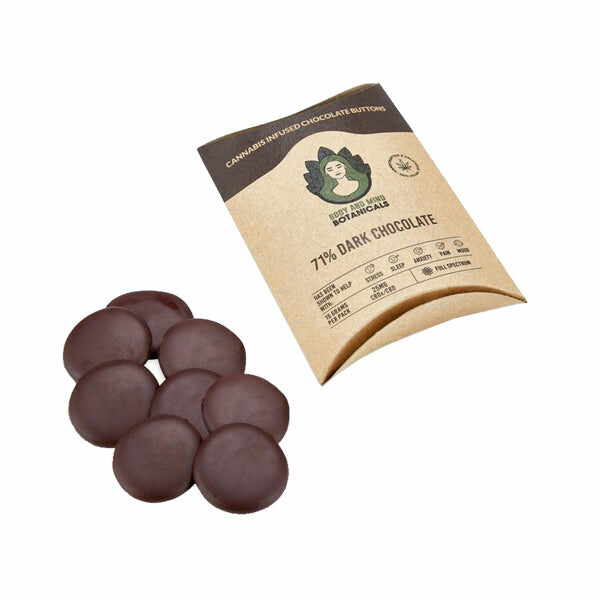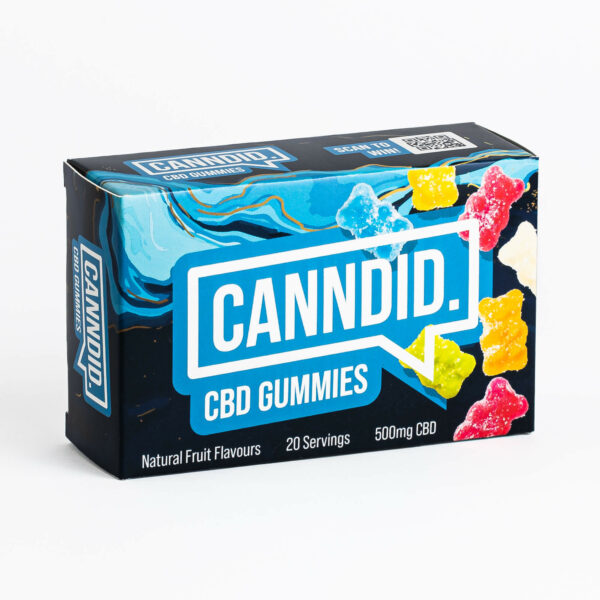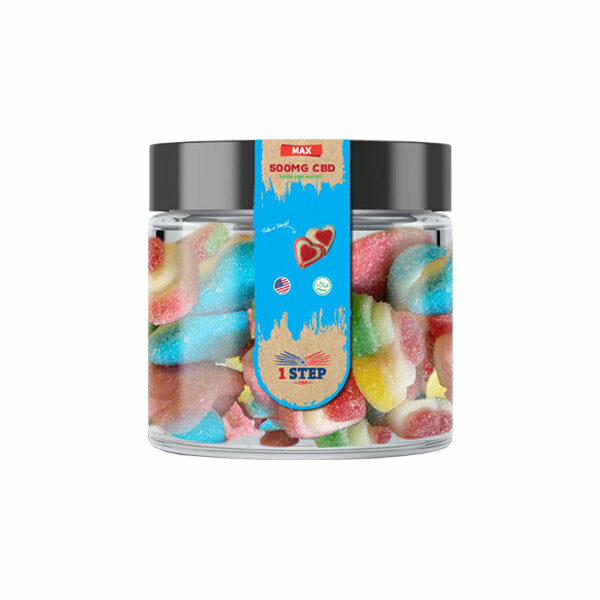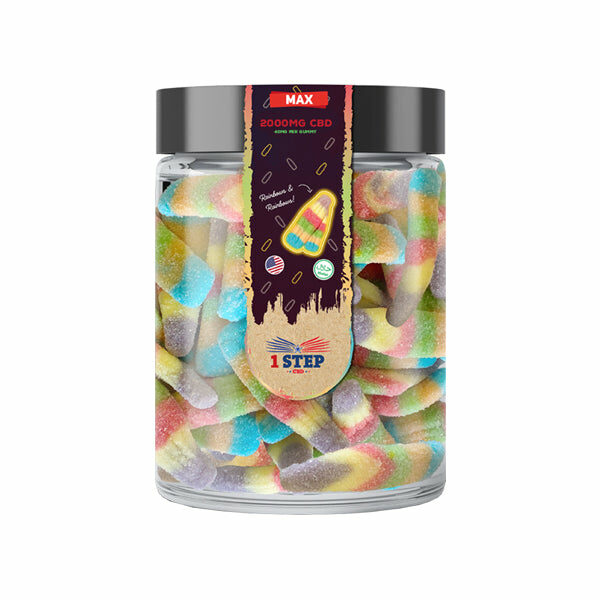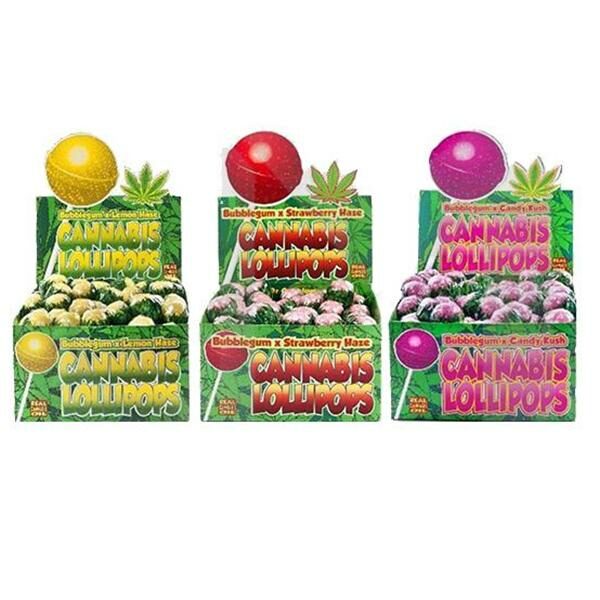According to the scientific community – climate scientists, biologists, and pretty much every other field, the planet is going to hell in a handcart. Climate change, biodiversity loss, and the disruption of nutrient cycles are pushing the earth life-support system to a point beyond which it may not recover.
-
Canndid, CBD Drinks, CBD Tea
Canndid – Strawberry & Raspberry CBD Tea Bags (BUY 1 GET 1 FREE)
£14.58 (Incl. of VAT)Add to basketQuick View -
Canndid, CBD Drinks, CBD Tea
Canndid – Apple & Elderflower CBD Tea Bags (BUY 1 GET 1 FREE)
£12.08 (Incl. of VAT)Add to basketQuick View -
Canndid, CBD Drinks, CBD Tea
Canndid – Lemon & Ginger CBD Tea Bags (BUY 1 GET 1 FREE)
£12.08 (Incl. of VAT)Add to basketQuick View
One of the major culprits in every one of these critical issues is modern agriculture. Herbicides and pesticides poison many animals and plants besides those they are aimed at, the soil is being eroded at an alarming rate, and carbon dioxide emissions are changing the climate.
Hemp is the English name for the plant Cannabis sativa. It has been cultivated by people across Europe and Asia for millennia. If farmed and used properly, it may offer a solution to some of the issues discussed here.
No Poisons
There is a serious problem with pesticides and herbicides. Millions of animals and plants are being poisoned across the world, due to their overuse. Some of these poisons have the ability to accumulate in smaller creatures and are passed up the food chain so that poisoned insects can eventually cause top predators like hawks, wolves, and even whales to die.
The vast majority of hemp products you find on the market are certified organic. Those that are not officially certified generally use minimal or no pesticides or herbicides. The reason for this is that hemp does not need any! It grows in such a dense thicket that seeds of other plant species have no chance when they land in a hemp field. They are quickly shaded out, and their roots are out-competed by those of the vigorous hemp plants. Hemp plants also produce aromatic compounds in hair-like structures on their surface, that stop insects from grazing too heavily on them. This is what reduces the need for pesticides.
-
CBD Chocolate, CBD Edibles, CBD Food, CBD Products
Cheerful Buddha 70mg CBD Dark Chocolate 70g
£6.00 (Incl. of VAT)Select optionsQuick View -
Canndid, CBD Chocolate, CBD Drinks
Canndid – CBD Hot Chocolate (BUY 1 GET 1 FREE)
£15.79 (Incl. of VAT)Add to basketQuick View -
CBD Chocolate, CBD Edibles, CBD Food, CBD Products
Body and Mind Botanicals 25mg CBD Cannabis Chocolate Buttons
£3.88 (Incl. of VAT)Select optionsQuick View
No Fertiliser
Hemp does not need large amounts of artificial fertilisers. This is a great benefit to the environment, locally and globally. Since we started using artificial nitrates and phosphates, industrialised humans have altered the nutrient cycles of the planet, and this causes a huge disparity in nutrient levels in many places. Loss of life, habitat and nutrients soon follow, and this contributes to biodiversity loss and to climate change – and ultimately affects the quality of life of us humans.
It Protects the Soil
Hemp deep, extensive roots hold on to the soil, and stop it from blowing or washing away. The thick growth of hemp intercepts rain and wind, further protecting the soil. Many other crops have weak or shallow root systems. This, coupled with overgrazing and ploughing, causes soil loss worldwide. Because of this, the UN estimates that there are only 50-60 years of food production left at the current rate of soil loss. Hemp can provide some of the answers to this problem.
It a Carbon Sink
We all know the dangers and consequences of climate change. Sea levels will rise, cities will be submerged, and hundreds of animal and plant species will become extinct. All because of the emission of carbon dioxide from human economic activities. Well, it turns out that hemp could be part of the solution to this issue too. Hemp is a renewable resource, and like all plants, it eats carbon dioxide, and accumulates the atoms from it into its own body. If we then use the hemp fibres, seeds, and oil in our daily lives, we help to remove some of the greenhouse gases and halt climate change!
-
Canndid, CBD Edibles, CBD Gummies, CBD Gummy Bears
Canndid – CBD Gummies (Vegan Friendly) (BUY 1 GET 1 FREE)
£12.50 (Incl. of VAT)Select optionsQuick View -
CBD Edibles, CBD Food, CBD Gummies, CBD Gummy Bears, CBD Products
1 Step CBD Max Gummies 500mg (100g) (BUY 1 GET 1 FREE)
£15.83 (Incl. of VAT)Select optionsQuick View -
CBD Edibles, CBD Food, CBD Gummies, CBD Gummy Bears, CBD Products
1 Step CBD Max Neon Gummies 2000mg (400g) (BUY 1 GET 1 FREE)
£33.25 (Incl. of VAT)Select optionsQuick View
A Green Superfood?
Chia seeds, goji berries, quinoa, avocado. These superfoods are amazing for our health, containing huge amounts of certain hard-to-get nutrients. They are, for the most part, terrible for the environment. All four are mostly grown in a very limited area and have to be shipped long distances to where they are consumed, emitting many kilos of carbon dioxide for every kilo of food. Quinoa, in particular, is a staple food in the mountains of Bolivia, and as its price has shot up with demand in the West, many of the poor farmers who grow it cannot afford to buy it any more, and many are facing starvation. Avocados, on the other hand, are now commonly being traded for huge profits by drug cartels across Latin America.
Hemp is full of omega- 3, 6, and 9 fatty acids – essential nutrients for brain development, along with countless other micronutrients. It can also be grown on every continent, from the tropics to the tundra and everywhere in between. Using it in our daily life can help us to get essential nutrition, while not destroying the planet.
-
CBD Edibles, CBD Food, CBD Lollipops, CBD Products
Euphoria Cannabis Cola Lollipops 12g x 100pcs (Approx)
£0.50 (Incl. of VAT)Select optionsQuick View
The post Five Ways Using Hemp Can Help Save the Planet first appeared on CBD Village UK.

